Union Wins
The year in review, from May 2022 to April 2023, was a challenging one for the media and its unions across South Asia. Still reeling from the pandemic and the destruction it left in its wake — from loss of lives and loss of jobs to a shaky economy – unions struggled on many fronts to protect journalists’ rights and press freedom. Despite bleak times, they endured to remain relevant and at the vanguard of change in their communities.
Pakistan Federal Union of Journalists (PFUJ)
Three biggest issues for press freedom and media workers in Pakistan:
- Online attacks/harassment
- Legislation and government controls on human rights and freedom of expression
- Civic unrest and violence
Greatest concerns for media over the past year:
Political instability, violence and threats from political and non-state actors, in addition to impunity
A key strategy undertaken as a campaign or organising issue in the past year and how the success was measured:
We have filed a writ petition in the Islamabad High court against the government of Pakistan for the rights of working journalists. We have also conducted a survey to ascertain the issues and problems faced by working journalists and proposed amendments to the labour laws, engaging with high officials of the Federal Information Ministry.
In five words or less – what message do you have to share with IFJ and other unions?
Join hands, fight for freedom.
Ihtsham Ul-Haq – Secretary Information & Coordinator
Download PFUJ’s Legal Framework for Media Workers in Pakistan
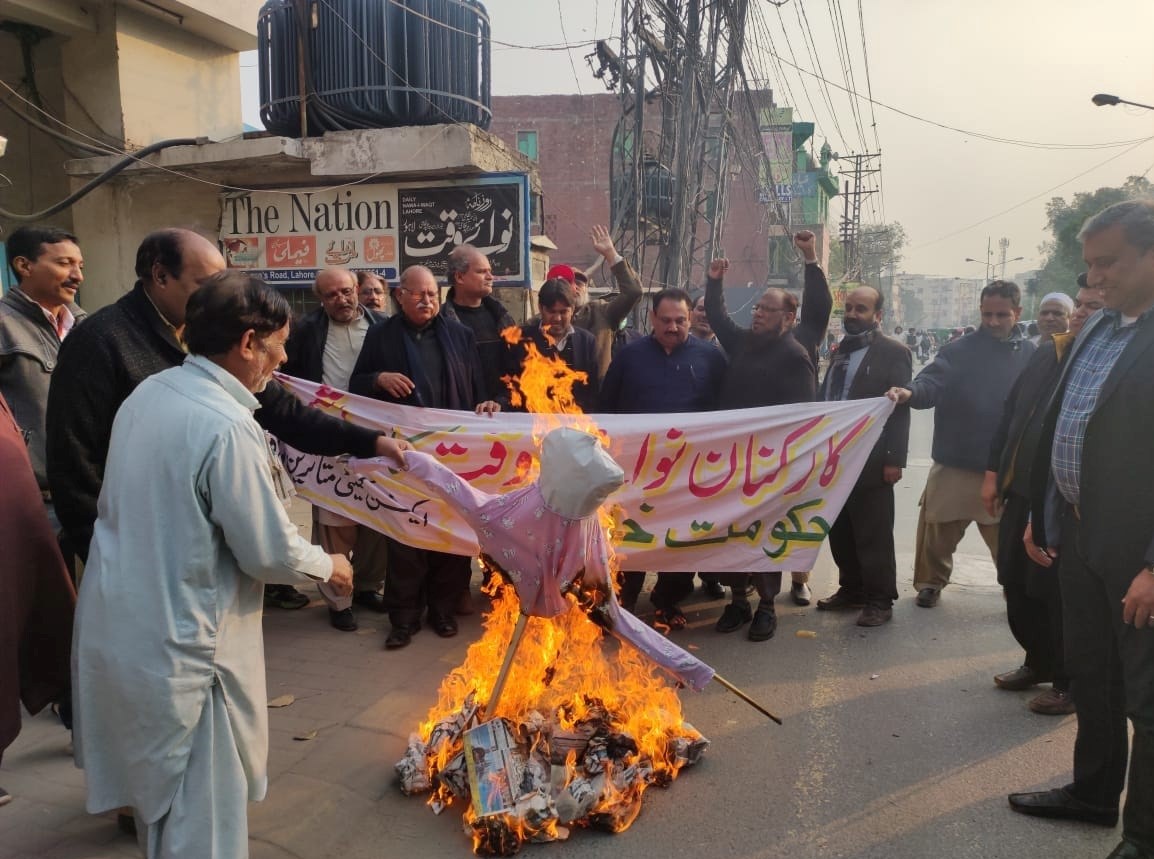
Journalists’ Association of Bhutan (JAB)
Three biggest issues for press freedom and media workers in Bhutan:
- Media sustainability
- Wage insecurity
- Mis/disinformation
Greatest concern for media over the past year:
The union’s biggest concern is access to information, which has lately become restricted, leading to the inability of journalists to write stories of public interest with adequate clarity and depth.
A key strategy undertaken as a campaign or organising issue in the past year and how the success was measured:
Journalists’ Association of Bhutan appealed to the Media Council of Bhutan, an independent watchdog of the media, to help facilitate easy access to information from public institutions like the Royal Civil Service Commission, Anti-Corruption Commission, the Judiciary, Office of the Attorney General, Royal Audit Authority, Royal Monetary Authority, and Druk Holding and Investment. However, the majority of the institutions are yet to share information critical for the public. Meanwhile, the government has no major issue when it comes to access to information.
In five words or less – what message do you have to share with IFJ and other unions?
Help JAB for sustainability.
Rinzin Wangchuk – President
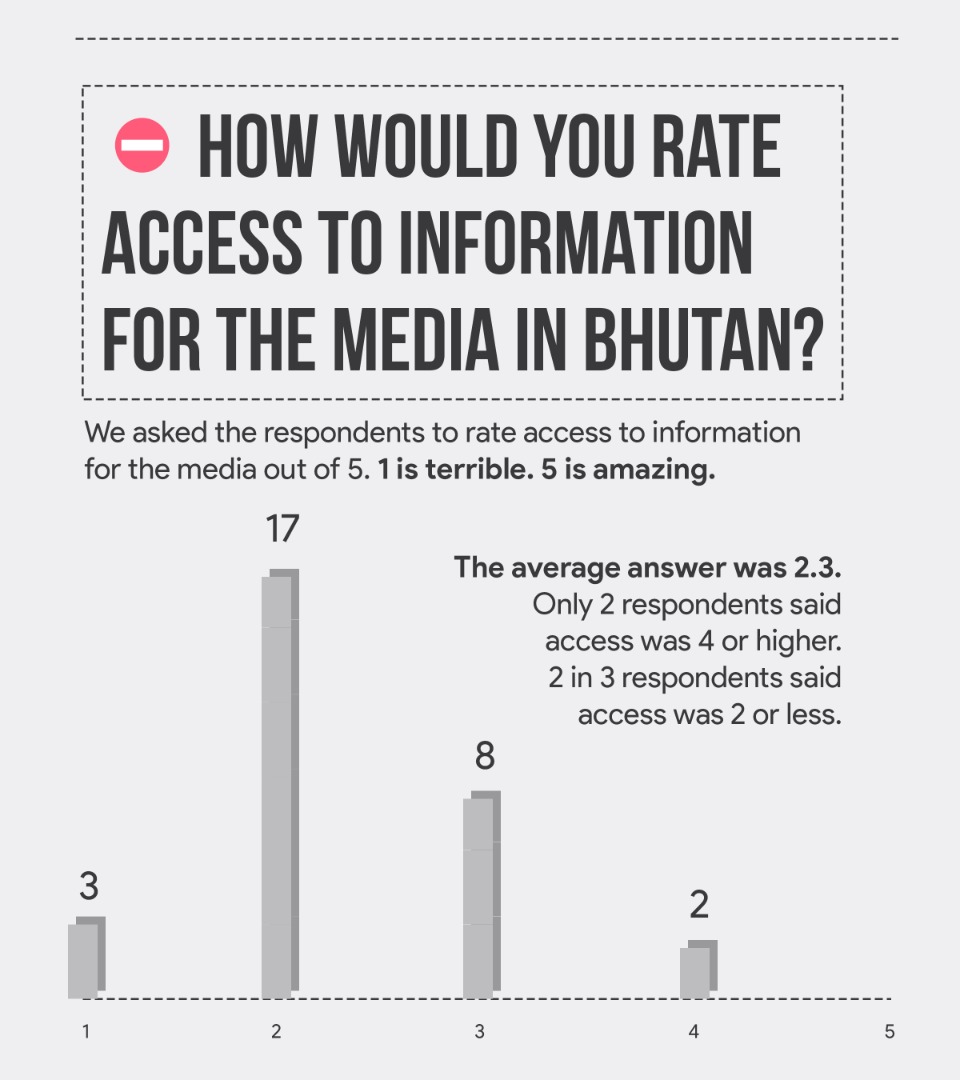

Free Media Movement (FMM) Sri Lanka
Three biggest issues for press freedom and media workers in Sri Lanka:
- Wage insecurity
- Legislation and government controls on human rights and freedom of expression
- State intimidation and harassment
Greatest concerns for media over the past year:
Especially due to the economic crisis, many print media organisations have closed and therefore media workers lost their jobs..
A key strategy undertaken as a campaign or organising issue in the past year and how the success was measured:
When Lakehouse newspaper suspended Manjula Samarasekara in an arbitrary manner, the Free Media Movement issued a press release and sent a letter to the Ministry of Media to pay attention and forced him do justice. As a result of that attempt, Manjula Samarasekara was reinstated within a few weeks.
In five words or less – what message do you have to share with IFJ and other unions?
Collaborate for professional justice.
Gayathri Nawarathna – Project Coordinator
Afghan Independent Journalists’ Union (AIJU)
Three biggest issues for press freedom and media workers in Afghanistan:
- Threats
- Physical attacks
- Legislation and government controls on human rights and freedom of expression
Greatest concerns for media over the past year:
The biggest challenge in the Afghan media was economic problems, lack of access to information for journalists and arbitrary arrests.
A key strategy undertaken as a campaign or organising issue in the past year and how the success was measured:
The AIJU established coordination meetings to build relationships and trust between journalists and government officials. In order to encourage journalists to engage in professional activities and expand freedom of expression, the Afghan Independent Journalists Union organised a media award in Afghanistan, in which three journalists received a cash prize of up to $1000.
In five words or less – what message do you have to share with IFJ and other unions?
Support journalists and freedom of speech.
Farhad Behroz – Vice President
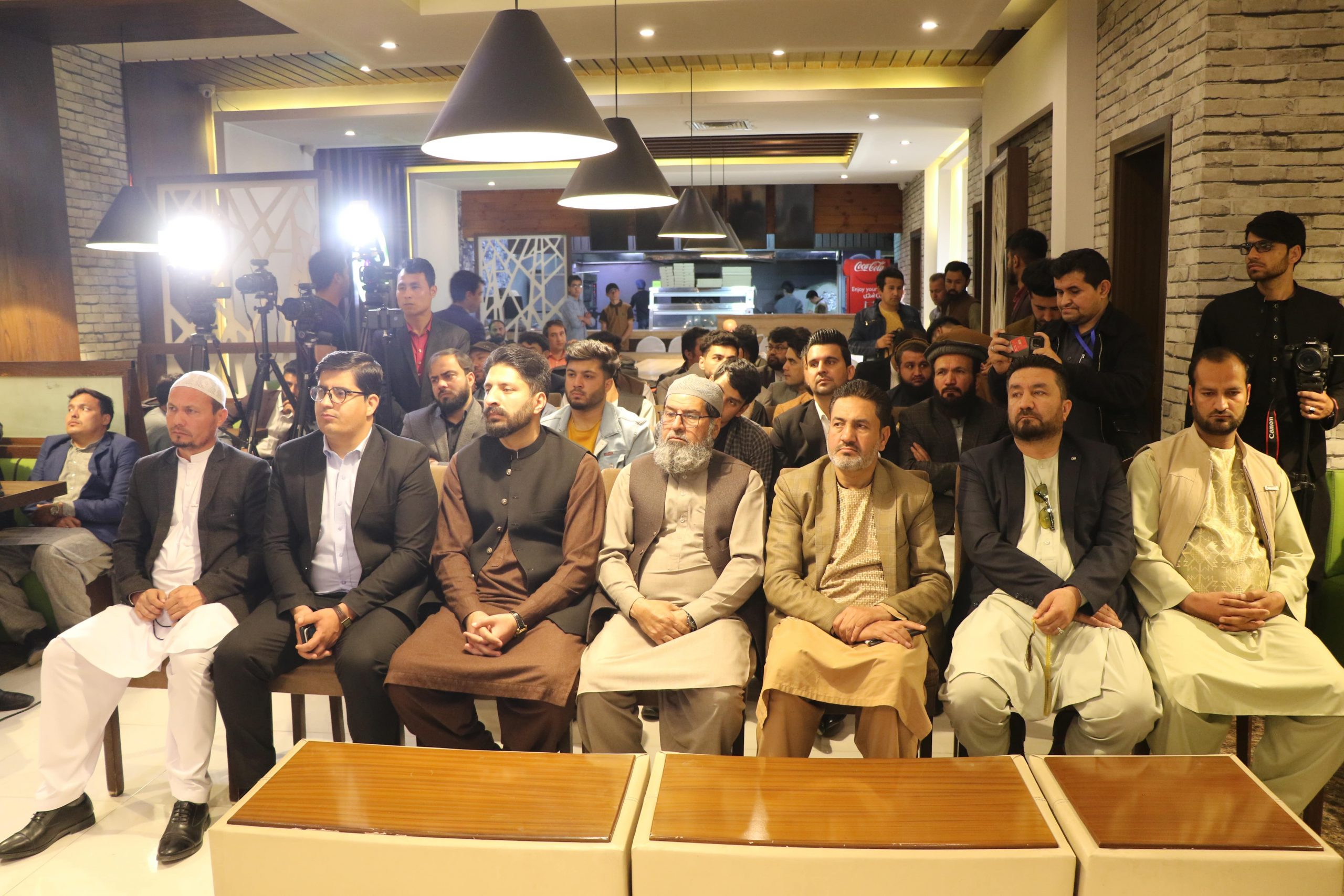
Federation of Media Employees Trade Union (FMETU) Sri Lanka
- Three biggest issues for press freedom and media workers in Sri Lanka:
- Legislation and government controls on human rights and freedom of expression
- Controls, shutdowns and penalties for expression in the online space
- Mis/Disinformation
- Greatest concerns for media over the past year:
- The safety of journalists is the most crucial concern in Sri Lanka. Over the past few years, all unions have worked to protect the rights of journalists.
- A key strategy undertaken as a campaign or organising issue in the past year and how the success was measured:
- Travel issues due to the fuel crisis have had a great impact on journalism, including increasing misinformation and disinformation. It reduces the opportunity to find real sources of information, cross-check facts and investigate. For our members who are spread around the country, we try to gather correct information, holding online meetings.
- In five words or less – what message do you have to share with IFJ and other unions?
- Fight for freedom of speech and expression.
Indira Nawagamuwa – Deputy General Secretary
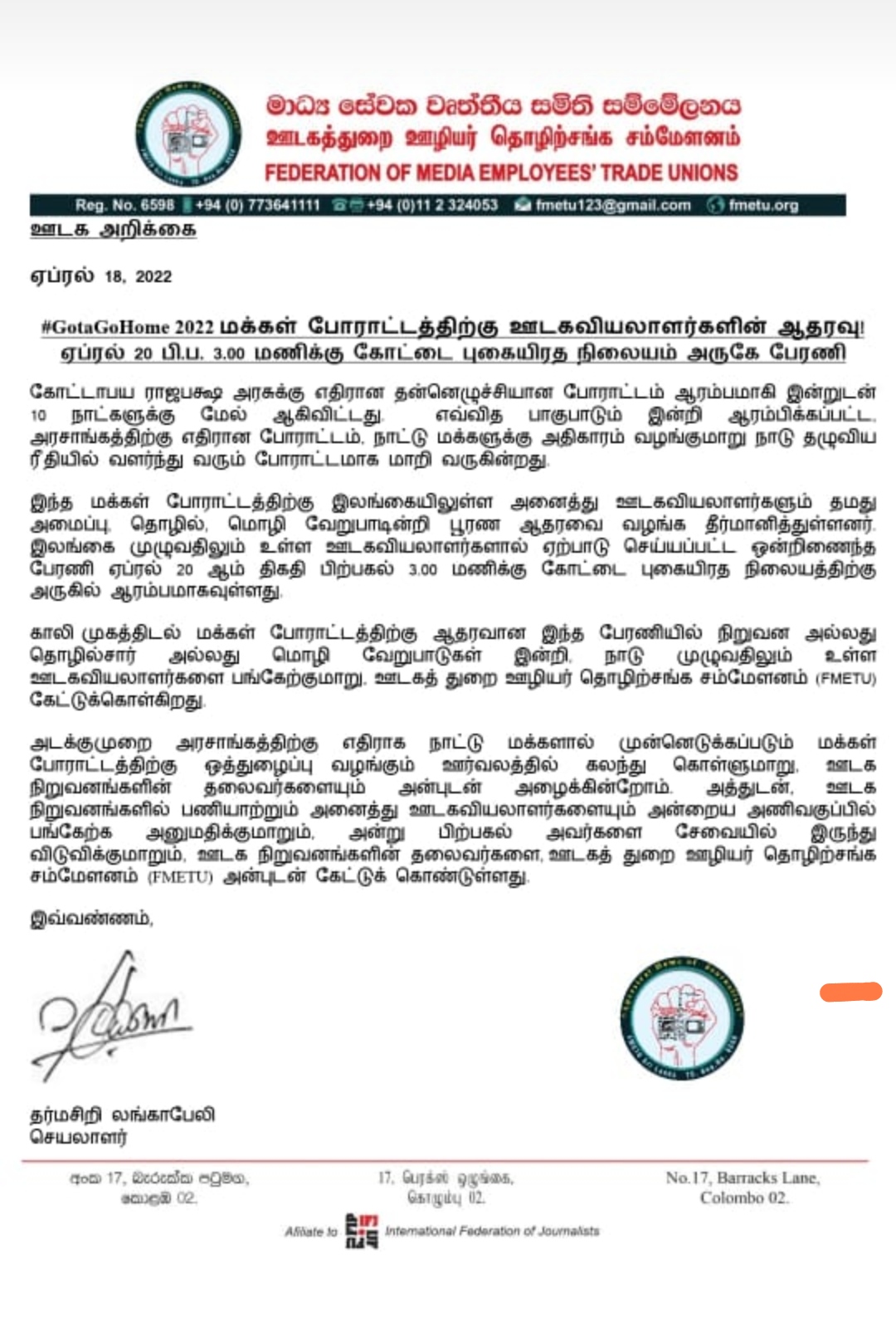
Indian Journalists Union (IJU)
Three biggest issues for press freedom and media workers in India:
- Legislation and government controls on human rights and freedom of expression
- State intimidation and harassment
- Arrests/detainment
Greatest concerns for media over the past year:
Arrests, harassment and legal threats are our greatest concern.
A key strategy undertaken as a campaign or organising issue in the past year and how the success was measured:
The government retracted from amending some clauses to dilute media freedom because of our campaign and activism.
In five words or less – what message do you have to share with IFJ and other unions?
Unity, union can change.
Geetartha Pathak – President
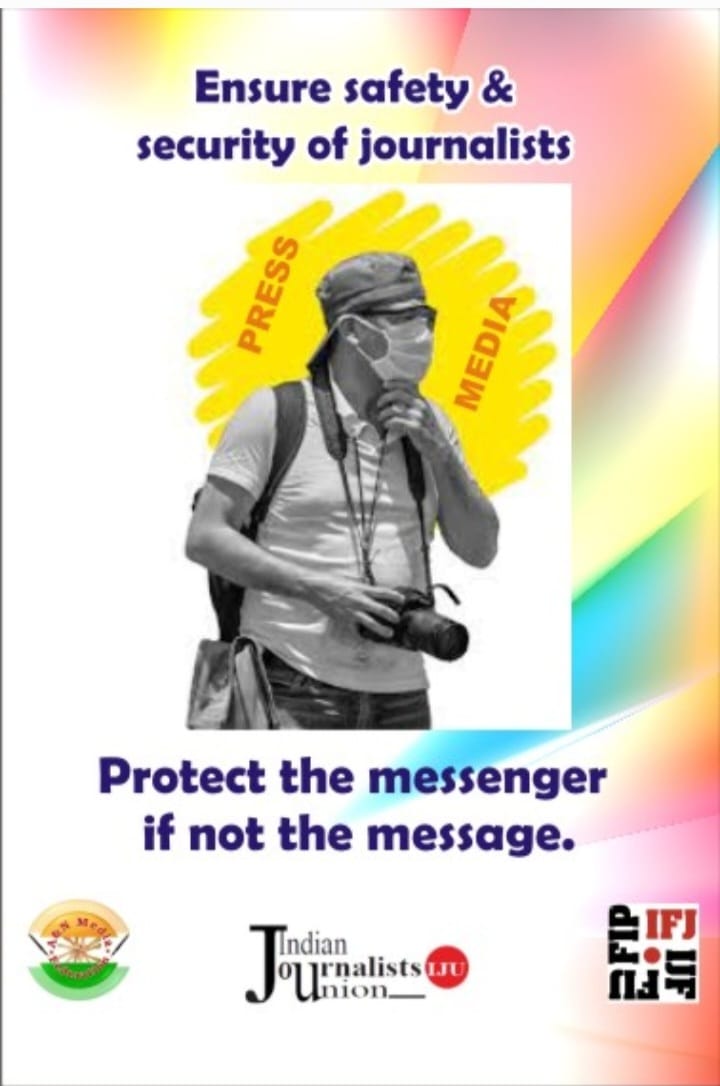
Sri Lanka Working Journalists Association (SLWJA)
Three biggest issues for press freedom and media workers in Sri Lanka:
- Legislation and government controls on human rights and freedom of expression
- State intimidation and harassment
- Mis/Disinformation
Greatest concerns for media over the past year:
State intimidation and harassment faced by journalists covering antigovernment protests during the 2022 civil uprising.
A key strategy undertaken as a campaign or organising issue in the past year and how the success was measured:
The Sri Lanka Working Journalists Association (SLWJA) has called on the government to end impunity for crimes against journalists. They measure success by monitoring government response and actions, conducting advocacy and awareness-raising activities, and tracking engagement and participation from SLWJA members and journalists. Success is measured by incremental progress towards achieving objectives, and the SLWJA remains committed to their cause despite challenges.
In five words or less – what message do you have to share with IFJ and other unions?
We stand for Press Freedom.
Duminda Sampath – President

Federation of Nepali Journalists (FNJ)
Three biggest issues for press freedom and media workers in Nepal:
- Professionalism and ethics
- Mis/Disinformation
- Legislation and government controls on human rights and freedom of expression
Greatest concerns for media over the past year:
FNJ is lobbying for a media-friendly law, countering mis and dis information and regular wages for journalists in Nepal.
A key strategy undertaken as a campaign or organising issue in the past year and how the success was measured:
FNJ has a campaign for policy on media-friendly laws and policies. FNJ has analysed the media bills and provided suggestions to the government and parliamentarians for their amendment. Many bills have been amended due to FNJ campaigns.
In five words or less – what message do you have to share with IFJ and other unions?
Work together.
Khagendra Phuyal – Media Monitoring Officer
